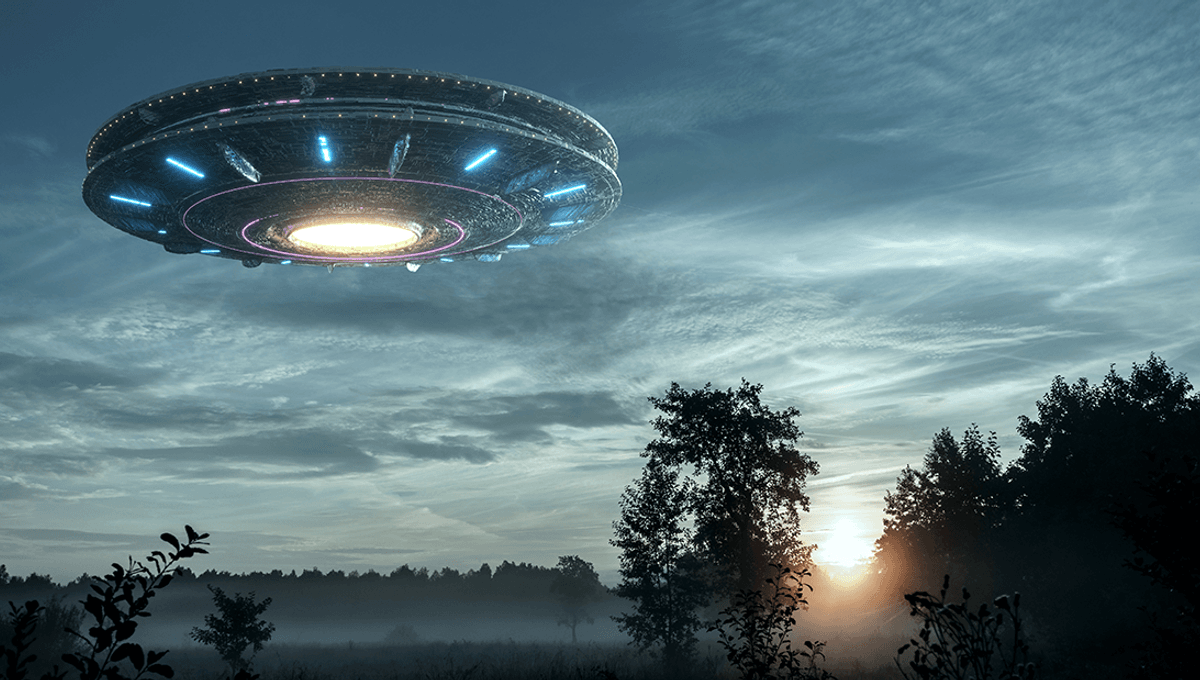
If you believe certain, odder, corners of the Internet, scientists are either too arrogant to investigate the possibility of alien life visiting Earth, or actively involved in a cover-up.
But what do scientists really think about UFOs, and aliens more generally? Are they interested in the phenomenon, and do they think it worthy of further investigation? And do they think alien life will exist at all?
Fortunately, not only are scientists interested in studying the topic, they are even interested in studying whether they are interested in the topic. There are several surveys asking these kinds of questions, with some surprising answers, even if some of the results should be taken with a generous pinch of salt.
Let’s start with the more general questions. In a study published in January 2025, researchers from Durham University surveyed 521 astrobiologists and 534 non-astrobiologist scientists on whether they believe life and intelligent life exists out there in the universe.
“The results reveal that 86.6% of the surveyed astrobiologists responded either ‘agree’ or ‘strongly agree’ that it’s likely that extraterrestrial life (of at least a basic kind) exists somewhere in the universe,” Professor in Philosophy of Science, Peter Vickers, explained in a Durham University blog post.
“Less than 2% disagreed, with 12% staying neutral. So, based on this, we might say that there’s a solid consensus that extraterrestrial life, of some form, exists somewhere out there.”
The team found that scientists were optimistic about intelligent life too. 67.4 percent of astrobiologists and 58.2 percent of non-astrobiologists agreed that complex and intelligent life exists out there in the cosmos, though as Vickers points out, given the sheer number of stars out there you could call these numbers quite pessimistic indeed.
How about UFOs and UAPs? These topics have been a little more taboo in scientific circles over the last century. Though scientists are slowly taking it more seriously, with projects like the Search for Extraterrestrial Intelligence (SETI) and its evil twin METI, for the large part scientists do not want to discuss the possibility that UFOs and UAPs could be alien visitors. Of course, this could largely be because there is little convincing evidence to suggest that they are, even if some video footage is intriguing and worthy of investigation.
But there have been anonymous surveys which have attempted to gauge scientists’ beliefs on the topic. In 2023, a team from the University of Virginia did just this, asking scientists with tenure or on the tenure track at top research universities whether they or anyone close to them had witnessed “anything of unknown origin to you that might fit the U.S. government’s definition of a UAP”.
The survey found that 18.9 percent of respondents said that they had, while a further 8.7 percent responded “maybe”. The survey did not ask for further details of these incidents, but asked if there was anything else they would like the researchers to know.
“My entire family and I witnessed a UFO around 1976. It was over our house in the rural northeast (state redacted). Two of my siblings saw it, while the rest of us in the house felt it shake and heard a loud noise. We were eating dinner and the shaking was so intense that we all ran outside,” one anonymous academic responded.
“I saw an unidentified flying object as a child in (state redacted) (with my sibling) – which my parents didn’t believe. The news reported that others saw it, too,” another added, while a third said they had witnessed two UAPs.
“I used to tell people, but they thought I was crazy or lying – so now I’m silent,” they added.
Though interesting that some academics do believe they have seen a UAP, it should be noted that the survey respondents were self-selecting and chose to fill in a survey about UFOs, and so perhaps are not reflective of the scientific community as a whole. In fact, the team reported that they received hostile responses to the survey email, with one even writing “tenure might be tricky for you – good luck.”
Despite the stigma, studies into the topics of UAPs are slowly making their way into the mainstream, particularly with the recent US government hearings on it. NASA, too has released its own reports on UAPs. While they did not find any evidence that UAPs are of extraterrestrial origin, they cannot say for certain what each UAP is, but they will continue to investigate.
“The mission of NASA is to find out the unknown,” former astronaut Bill Nelson said as the report was released. “I’ve said several times in my comments today that we deal openly, and we will be transparent on this.”
In short, scientists are interested in the topic too, and want to investigate further, even if the answer doesn’t turn out to be “it’s aliens”.
Source Link: What Do Scientists And NASA Actually Think Of Aliens And UFOs?